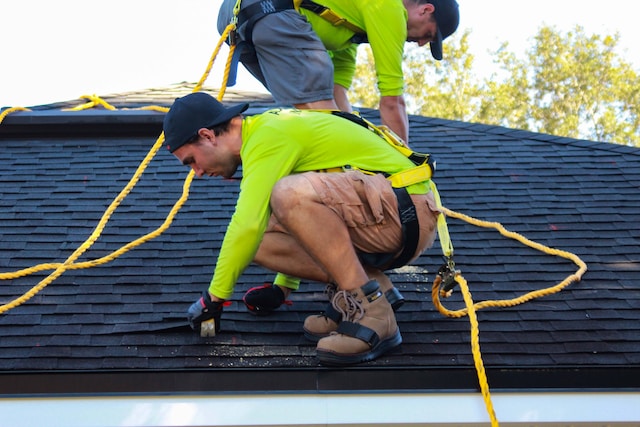When people think of a lien, what most people think of is a mortgage lien, whereby the mortgage lender retakes possession of a property in the event of missed mortgage payments. Most don’t realize that the lien is actually created as soon as you get the mortgage loan; it merely doesn’t have any effect unless the contract is breached. Lien is a rather general term that applies to any situation in which one party has the right to possess another’s property until a debt is paid or waived. One type of lien is a mechanic’s lien, which is the type a contractor can place to use your property as collateral for their work.
There are two broad categories of liens, consensual and nonconsensual. Mortgage liens are consensual because they are initiated by the property owner when they get a loan. On the other hand, mechanic’s liens are nonconsensual, and can’t be placed unless the contractor is legally able to. This means that while a mortgage loan is always in effect in case of a breach of contract, a mechanic’s lien that occurs as a result of the breach of contract can’t be placed until the breach occurs. Breach of contract is only one reason for a mechanic’s lien, though. It can also be placed in the event of nonpayment, unpaid property taxes or fees, deceptive practices by the property owner, or disputes over the work performed.
Photo by Raze Solar on Unsplash
